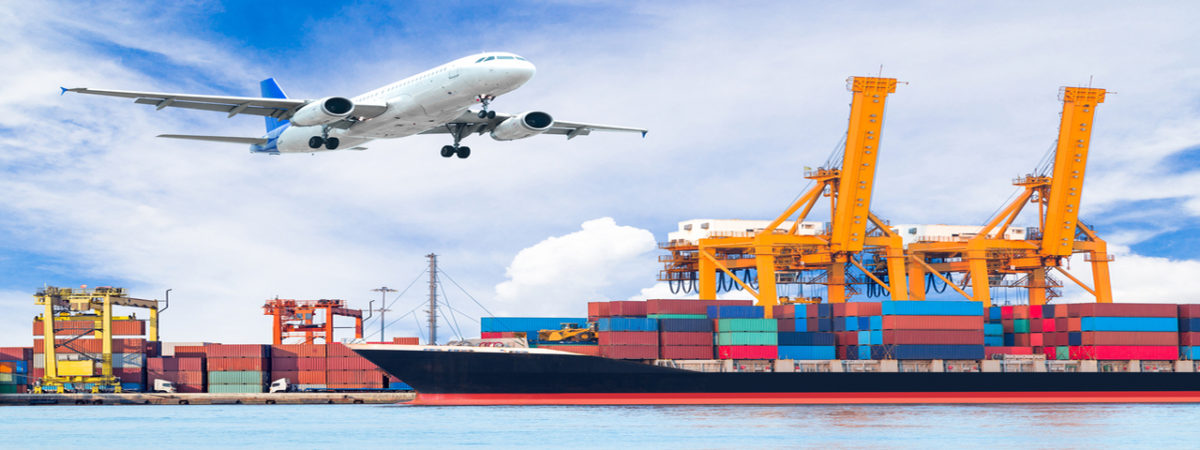The economic reality of Brexit
SUGGESTED



A recent poll showed that if the UK could keep free trade with EU nations, the British people would vote overwhelmingly to leave the EU. To drum up support for staying in the EU, The UK Government and quasi government agencies, like the IMF and OECD, have issue continuous warnings about the costs of such a divorce. The IMF recently reiterated its forecasts that BREXIT would have a significant negative effect on the UK economy with a drop in GDP anywhere between 1% and 9% over the long term. The reality is that Brexit would probably only have a minor initial impact on trade or GDP and, on the contrary, would open up vast possibilities for the UK to exploit trade relations with other faster growing regions of the world without having to reach complex trade agreements that satisfy the vested interests of the other 28 members of the EU.
The impact of Brexit on trade has been grossly exaggerated. In today’s world, a product has parts coming from all over the world. A BMW is only called German because of historical association. In reality, the steel in a BMW may come from Brazil or China, the upholstery from the UK, the engine from France and the electronics from the USA. Labor costs are only 10% of the cost of a car, and this may include foreign labor. Also, profits are distributed to BMW shareholders and bondholders which are more likely to be sent to a hedge fund in Japan than to the mechanic in Düsseldorf. The world is highly economically integrated. Relatively free trade and free movement of capital is no longer an issue for most countries, whether it is the UK or any of the other countries in the EU. This boat has left years ago!
Trade restrictions and capital controls are no longer a countries’ choice: either you participate in the world economy or accept living standards equivalent to that of North Korea or Venezuela. So the issue is NOT whether the UK will continue to trade mostly freely with the EU: it will, because today there is no other choice, and the same is true for the other countries of the EU. Despite French threats of a ‘bloody’ Brexit, Germany, which runs its second largest bilateral trade surplus with the UK, has little interest in starting a trade war, nor do most of the private interests in the rest of Europe.
If the UK government is really concerned about trade, it has the power to significantly increase both its exports and living standards. It only has to remove any impediments to imports. It is an accounting identity that a higher level of imports must imply a higher level of exports and foreign investment in the UK. We must never forget that imports are intractably linked to exports. What is true of the individual is also true for a nation. The ability to buy (foreign purchase of UK exports) is linked to the ability to sell (UK purchases of imports).
The history of mankind is a struggle between the individual trying to retain freedoms and tyrannical governments trying to take it away from them. The EU was created to increase freedoms: the freedom of the movement of goods, capital, and people. As expected, it has evolved into an entity that does just the opposite with a myriad of rules and regulations that benefit large crony capitalist firms at the expense of small and medium sized enterprises that do not have the resources to jump through every EU hoop that is necessary to bring a product to market. Furthermore, the EU is moving in the wrong direction – that of limiting freedoms. It recently established a code of conduct to limit what it considers illegal hate speech. This code is so vague that it could include almost anything including criticisms of the EU. If this sounds familiar, it should! It was called the “Ministry of Truth” in Orwell’s 1984.
If the UK votes to leave the Union, the EU would lose a significant source of revenue since the UK historically has paid more to the EU that it has received from the EU. Since the EU already has unpaid bills of 19.6 billion pounds, it will find it very difficult to find additional resources from cash strapped countries such as France, Italy or Spain whose debt to GDP ratios are already over 100%. With a higher contribution ratio, Germany will already be required to fund more of the EU budget and may find it difficult to cover those countries that may soon find themselves unable to assume their share of funding. For example, Greece does not really contribute anything to the EU budget since Germany covers a majority of its contribution indirectly through EU loans to Greece. The same is likely to occur when Spain or Italy run into even deeper trouble.
Germany already envies Britain’s decision not to join the monetary union. It laments losing control of its currency. If Brexit is successful, Germany will find the option of regaining control over its monetary and regulatory policies seductive. We may shortly be talking about Dexit. Yet, without Germany, the EU would then be a non-entity: good riddance, it would not be missed!



